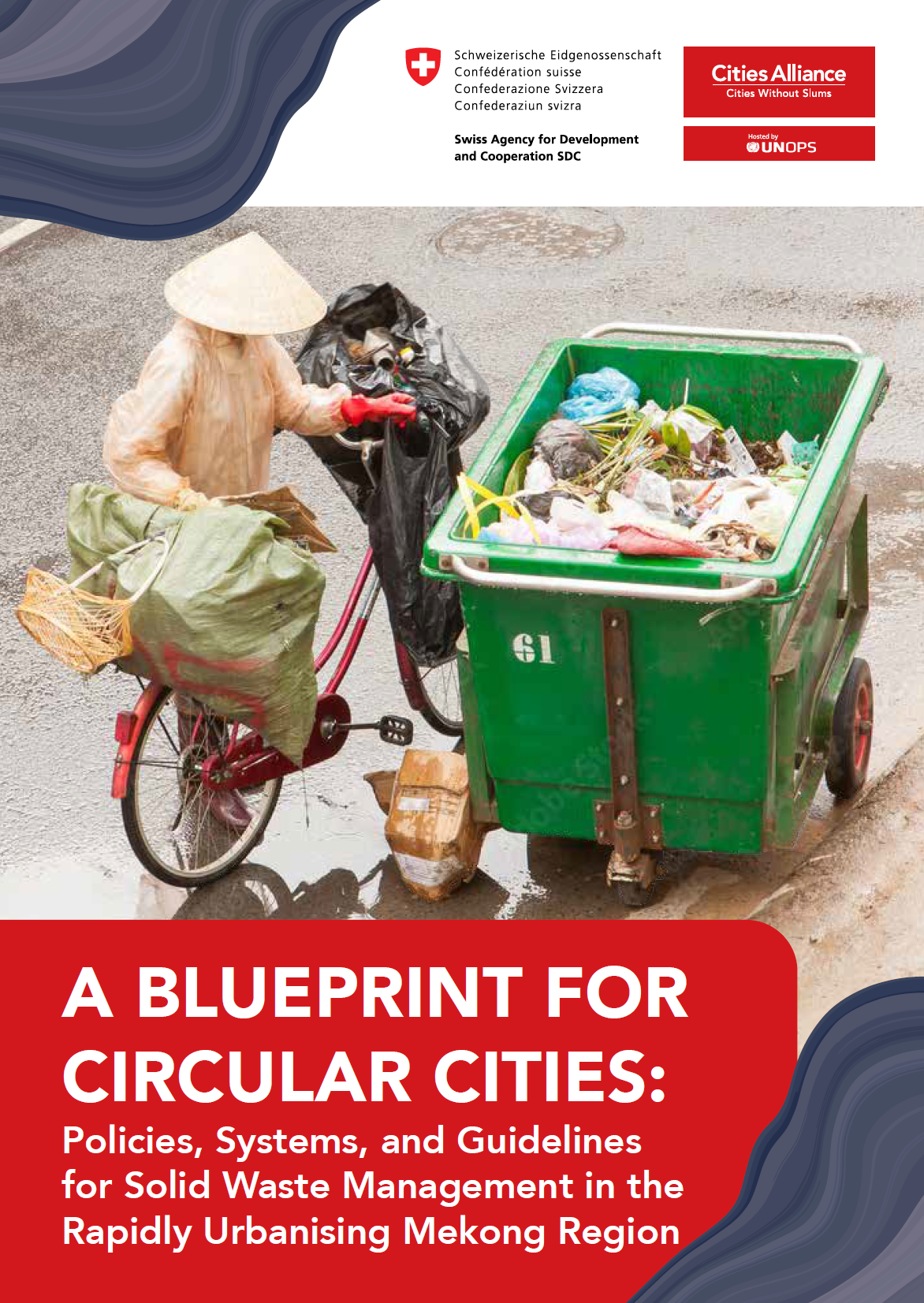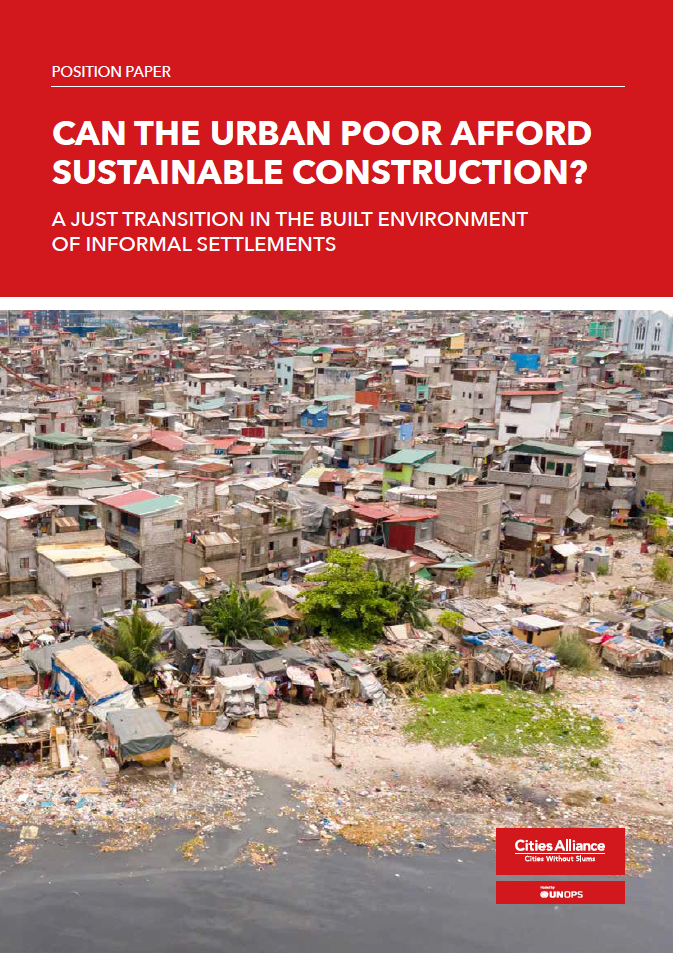- Who We Are
- How We Work
- Regional / Country Initiatives
- Legacy
- Core Themes
- Working Groups
- Portfolio & Results
- Newsroom
- Resources
Informal Housing, Inadequate Property Rights: Understanding the Needs of India’s Informal Housing Dwellers
The Indian government has tried many different approaches to help improve living conditions for informal housing dwellers, but without sizeable impact.
The Indian government has tried many different approaches to help improve living conditions for informal housing dwellers, but without sizeable impact. Redeveloping and relocating slums has not scaled, improving service provision has been slow, and “legalising” unauthorised housing has been limited. Unfortunately, informal housing is going to exist for the foreseeable future in India, and there is an urgent need to improve the lives of people who are living in such sub-optimal conditions.
The report Informal Housing, Inadequate Property Rights: Understanding the Needs of India's Informal Housing Dwellers applies a property rights lens to segment the different types of informal housing, to understand the size and the needs of these segments, and to identify potential solutions to meet these needs. The research focuses specifically on owner-occupants, since they are most likely to invest in improving their housing as they will benefit from these improvements—both as residents and as owners of the asset.
Research for the report involved reviewing 40 reports, speaking to 56 experts, conducting around 200 qualitative interviews of informal housing dwellers in 90 settlements, conducting quantitative interviews of 517 informal housing dwellers in 40 settlements in four cities (Delhi, Pune, Hyderabad, and Cuttack), gathering feedback on the findings in a workshop with 10 experts, and feedback on a draft report from 21 experts.
The report was written by Vikram Jain, Subhash Chennuri, and Ashish Karamchandani and supported by the Omidyar Foundation.


